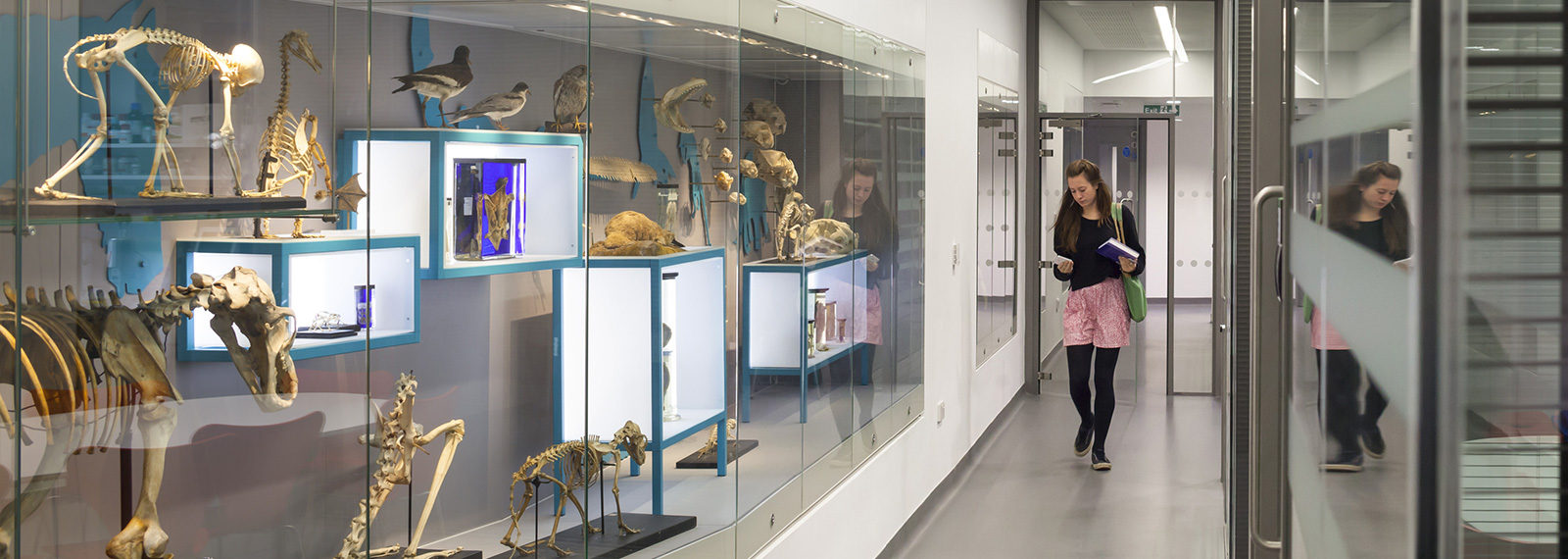Symposium on Curiosity and Commitment: Cultural/Social Sciences and the Transformation of European Universities, University of Graz 18-19 October 2018
20 October 2018
On 18-19 October the University of Graz hosted the meeting of the SSH Working Group and the symposium “Curiosity and Commitment: Cultural/Social Sciences and the Transformation of European Universities”. The latter was organised on the occasion of the retirement of Helmut Eberhart, who has been a very active member of the Coimbra Group for many years. Judith Laister, who represents the University of Graz in the SSH Working Group, has kindly provided a report from the symposium, which you will find below.
The international symposium addressed the political transformations within universities and their influence on academic everyday spaces, working strategies and research motives from the 1970s to the present day. Centrally the focus was on investigating how the use of scientific curiosity and responsibility in various European countries has been, and will be, shaped by changed policies concerning university teaching, research and funding. On the other hand, the question of how the potential of a curious, socially responsible research can be used to productively confront and counteract power-political transformations was pursued. Special attention was paid to the transformation of European universities into competitive enterprises in the global knowledge society and to the conceptualization of knowledge production as an economic activity and political tool.
Eight papers were presented: (1) The key note was given by historian Helmut Konrad (University of Graz: One step forward and one back. A dancing course in university politics). With focus on the Austrian context he provided an insight into the history of university politics from the purge of Jewish academics in the 1930s to the new university organisation law in the 1970s and the consequences of the neoliberal labour and education market since the late 1980s.
(2) Germanist Jürgen Barkhoff (Trinity College, Dublin: Impact – dirty word or the salvation of the Humanities?) negotiated the question if the claim for social relevance and impact of scientific research is undermining or even delegitimising curiosity driven research. In his contribution he argued that this was a false dichotomy and explored the specific challenges and opportunities of the impact debate for the Humanities.
(3) Anthropologist Güldem Baykal Büyüksaraç (Istanbul University: On science, research ethics, and politics: Revisiting applied anthropology in the neoliberal age) focused on the long controversial history of applied anthropology and its new challenges in the neoliberal age. She pointed out the increased interest in community-engaged research in academia, which requires new approaches of self-reflexivity in social sciences and humanities. Against this backdrop she asked how we as researchers could deal with the concomitant ‘anthropological debt’, meaning the obligation of ‘giving back’ to the human and non-human beings we work on: How can we reconcile research with advocacy and action, without reproducing (and creating new forms of) asymmetries between the researcher and the researched?
(4) Art historian Britta Kalkreuter (School of Textiles and Design Galashiels / Scotland: Ideas or solutions? Pondering the business of academic research) offered perspectives from the ‘new European margin’ of Britain in times of BREXIT and demonstrated changes in the rhetoric and orientation of UK funding for research. Thereby, she paid special attention to what kind of bed fellows research and innovation are within recent debates on rewilding versus taming the academic discipline of design.
(5) European ethnologist Johannes Moser (Ludwig-Maximilians-University Munich: Elusive imaginations. The ‘restructuring’ of German universities from the perspective of European Ethnology) traced the massive changes of the academic landscape over the last thirty years with focus on Germany and in context with the Bologna process. He analysed the process and its affects on the lives of researchers and students from the perspective of cultural studies and ethnology.
(6) Anthropologists Sanja Potkonjak, & Nevena Škrbić Alempijević (University of Zagreb: Images of utopia: University policies, academic practices & social changes) discussed the changing role of university within the neoliberal economies of knowledge. They raised the question what kind of space universities provide and attempt to be in order to accommodate, and facilitate their educational, research and public roles. In doing so, they promoted an idea of University as an instance of critical openness, free thought and public engagement, which is engrained in the role of liberal art education – and stands against the frequently promoted model of a self-sustaining, market-based and financially independent provider of professional and vocational training.
(7) Cultural anthropologist Klaus Schönberger (University of Klagenfurt: Cultural science between educational demand and absolute university – questions to an applied cultural science between creative industries and critical cultural analysis) explored – against the backdrop of the persistent attempts to prune and shape academia into an appendage of the creative industries – the feasibility of an ‘unconditioned university’ as conceived by Derrida under Bologna conditions.
(8) And folklorist Ulrika Wolf-Knuts (Åbo Akademi University: Was everything better in the past?) took the 1968 student movement and its little immediate impact on Finnish universities as starting point of her paper. Hinting at its profound long-term effects, she asked for the changes and consequences of the following reforms. Drawing on interviews and questionnaires and employing a cultural-analytical narratological approach, her presentation seeked to uncover the changes that have taken place at different levels, while also demonstrating the many aspects of university life remaining unchanged.


